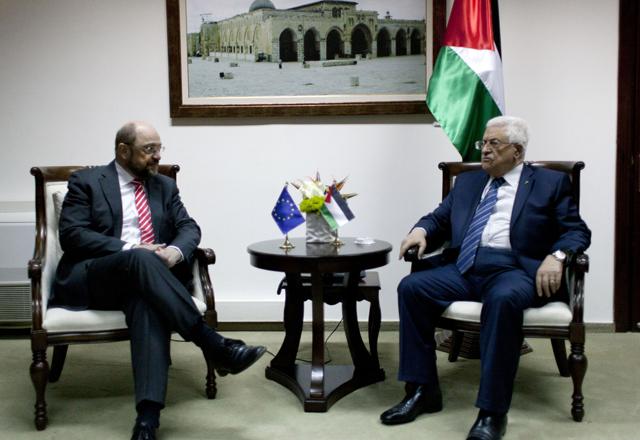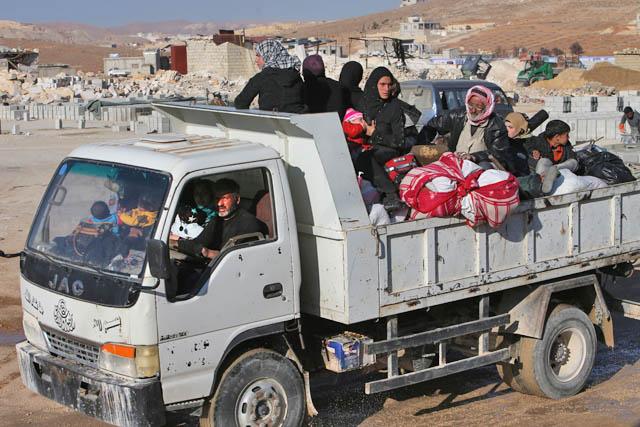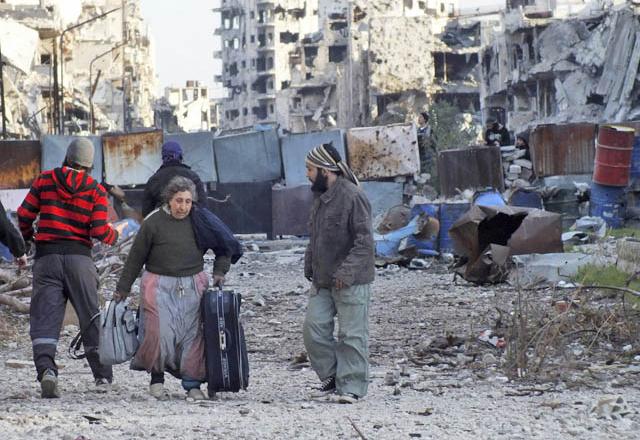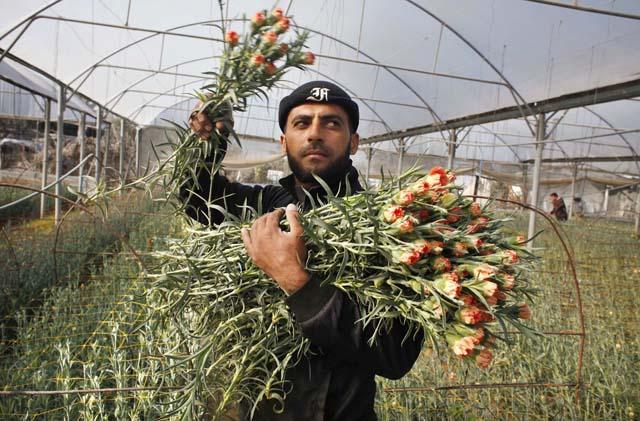DUBAI — Bahrain’s opposition has called for protests to mark the third anniversary Friday of an Arab Spring revolt led by the Shiite majority that was brutally crushed by the Saudi-backed Sunni monarchy.
The Gulf state is deeply divided, with persistent protests on the outskirts of the capital Manama that ignite clashes with police, scores of Shiites jailed on “terror” charges, deadlocked reconciliation talks and simmering sectarian distrust.
The main opposition group Al Wefaq is calling for a strike on Thursday and a rally Saturday to commemorate the February 14 uprising, which was inspired by the pro-democracy revolts that swept the Arab world in early 2011.
But even the head of Al Wefaq, cleric Ali Salman, admits there will only be “symbolic activities to protest the deterioration of the situation”.
The clandestine February 14 youth coalition has called on protesters on Friday to try to reach Pearl Square, where demonstrators camped for a month before being violently driven out by security forces in March 2011.
The roundabout and its central monument, which became a symbol of the uprising, were later razed and the site remains heavily restricted.
At least 89 people have been killed since the protests began, according to the International Federation for Human Rights.
Two rounds of national reconciliation talks have so far failed to bring the two sides anywhere near common ground on the future of the tiny but strategic Gulf archipelago.
Crown Prince Salman, who has made several overtures to the opposition, called last month for a third round of national talks.
But many in the opposition believe his efforts have been undercut by more hawkish members of the royal family, including his great uncle Prince Khalifa, who has been prime minister ever since independence from Britain in 1971.
The opposition says the Sunni monarchy, which crushed the uprising with the aid of a Saudi-led Gulf intervention force, has little interest in sharing power, much less in accepting a constitutional monarchy with an elected prime minister that could bring the Shiite majority to power.
“The dialogue has failed because of the lack of a real will by the regime to find a political solution,” the opposition chief told AFP.
“The royal family monopolises all the powers... and refuses to make concessions,” Salman said, accusing the government of trying to “buy time and deceive the international community” during previous talks.
The Wefaq-led opposition responded to the latest call for dialogue with a roadmap reiterating its demands for “a parliament with full legislative powers” and an “elected government” as well as the release of political prisoners.
The government has in turn sought to dilute the opposition’s presence by widening the dialogue to include Sunni associations that support the monarchy.
“There is no place for bilateral talks between the government and the opposition,” Information Minister Samira Rajab said, adding that authorities had requested proposals from all parties and would prepare an “agreed” agenda after studying them.
Battleground in a regional struggle
Bahrain, like Syria, is widely seen as a battleground in the regional standoff between Sunni Saudi Arabia and Shiite Iran, with Riyadh fearing both the spread of Arab Spring unrest to the Gulf and the potential emboldening of its own Shiite minority.
Gulf monarchies “will not abandon Bahrain”, says Kuwaiti analyst Ayed Al Mannaa, charging that Iran “dreams of establishing a bridgehead at the doorstep of Saudi Arabia”.
Claire Beaugrand, a political analyst at L’Institut francais du Proche-Orient, said the dialogue’s outcome depends on “the relative strength of internal forces” within the royal family and the level of foreign support enjoyed by the government and the opposition.
While politicians in Manama trade blame for the deadlock, in Shiite villages on the city’s outskirts the struggle has played out in increasingly vicious clashes between protesters and police, with authorities reporting an increase in the use of explosives.
Human Rights Watch accused Bahraini authorities last month of “seriously” undermining prospects for a political solution, citing an increase in “restrictions on the exercise of core human rights like freedom of speech, assembly and association”.
“Official talk of reform is a joke at the time when peaceful critics of the government are labelled terrorists and kept in jail,” said the group’s deputy Middle East director Joe Stork.



















